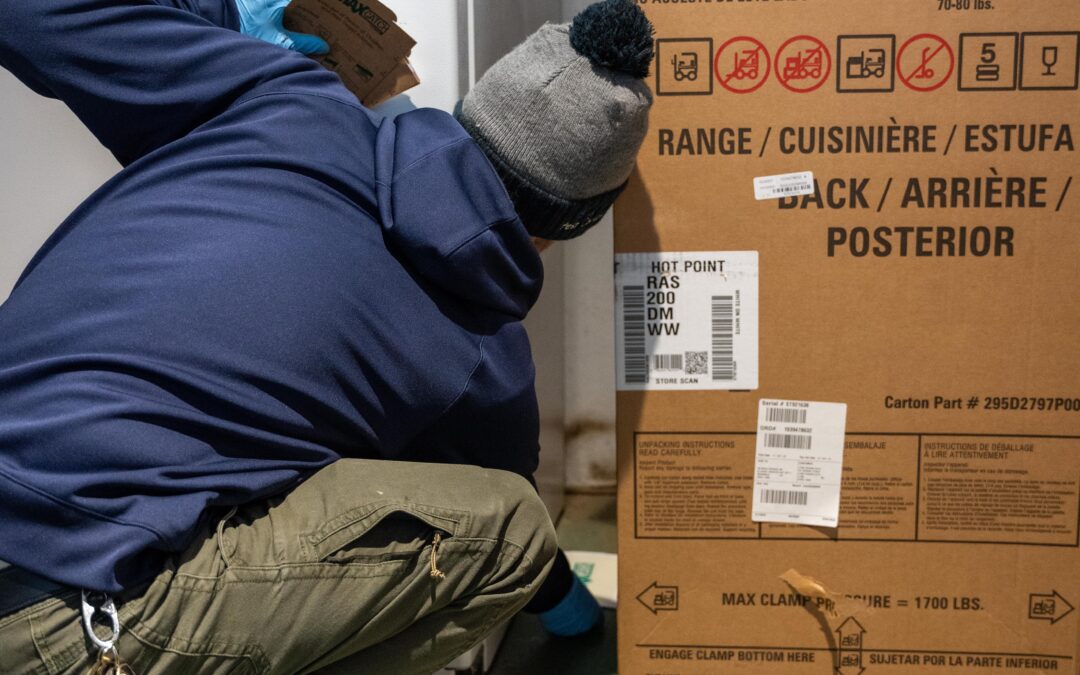Rats are a common pest in Boston, and they can pose serious health risks to humans and pets. Rats can carry diseases and parasites, and they can also cause damage to property by chewing through wires, insulation, and other materials. Fortunately, there are steps you can take to prevent rats from entering your home and keep them away from your neighborhood.
In this article, we’ll explore some of the most effective strategies for rat prevention in Boston. We’ll cover everything from proactive measures you can take to reduce the risk of infestation, to signs of rat activity and how to deal with a rat problem if one arises.
Proactive Measures for Rat Prevention in Boston
Taking proactive measures to prevent rats from entering your home and neighborhood is the best way to avoid an infestation. Here are some strategies you can use:
Seal Entry Points
Rats can enter your home through small cracks and gaps in the foundation, walls, and roof. To prevent this, you should inspect your home for potential entry points and seal them with steel wool, caulking, or another durable material.
Keep Food Secure
Rats are attracted to food, so it’s important to keep your kitchen and pantry clean and free of crumbs and spills. You should also store food in airtight containers, and make sure your garbage is stored in a secure bin with a tight-fitting lid.
Remove Clutter
Rats love clutter, as it provides them with hiding places and nesting materials. To prevent rats from taking up residence in your home, you should remove clutter from your yard and storage areas.
Use Rat-Proof Materials
If you’re building or renovating your home, consider using rat-proof materials such as steel mesh and concrete to prevent rats from chewing through walls and foundations.
Signs of Rat Activity
Even with proactive measures in place, it’s still possible for rats to find their way into your home. Here are some signs of rat activity to look out for:
Droppings
Rat droppings are small, dark, and pointed at both ends. You may find them in areas where rats are likely to hide, such as in the corners of rooms or behind appliances.
Gnaw Marks
Rats have strong teeth and can chew through a variety of materials, including wood, plastic, and metal. If you notice gnaw marks on furniture, walls, or other surfaces, it could be a sign of rat activity.
Strange Noises
Rats are nocturnal animals, so you may hear scratching, scurrying, or squeaking noises coming from your walls or ceiling at night.
Dealing with a Rat Problem
If you suspect that you have a rat problem in your home, it’s important to take action quickly to prevent the infestation from getting worse. Here are some steps you can take:
Contact a Pest Control Professional
A pest control professional can help you identify the extent of the infestation and develop a plan to eliminate the rats from your home. They can also provide guidance on how to prevent future infestations.
Set Traps
Traps are a humane and effective way to catch rats. You can purchase rat traps from most hardware stores, or hire a pest control professional to set traps for you.
Clean Up
Once the rats have been eliminated, it’s important to thoroughly clean up any droppings, urine, and nesting materials they may have left behind
Cleaning Up After a Rat Infestation
Cleaning up after a rat infestation is crucial to prevent the spread of disease and parasites. Here are some steps you can take:
- Wear gloves, a mask, and protective clothing to avoid direct contact with rat droppings and urine.
- Use a disinfectant spray or solution to clean the affected areas thoroughly. Pay close attention to surfaces where rats may have traveled or nested, such as walls, floors, and storage areas.
- Dispose of all contaminated materials, including droppings, urine-soaked materials, and nesting materials, in a sealed plastic bag. Dispose of the bag in an outdoor trash can with a tight-fitting lid.
- If you’re not comfortable cleaning up after a rat infestation, contact a professional cleaning service to handle the job for you.
FAQs About Rat Prevention in Boston
Here are some frequently asked questions about rat prevention in Boston:
Q: Are rats a common problem in Boston?
A: Yes, rats are a common pest in Boston due to the city’s older infrastructure and dense population.
Q: How can I prevent rats from entering my home?
A: You can prevent rats from entering your home by sealing entry points, keeping food secure, removing clutter, and using rat-proof materials.
Q: What should I do if I see a rat in my home or neighborhood?
A: If you see a rat in your home or neighborhood, contact a pest control professional to help you deal with the problem.
Rats are a common pest in Boston, but with the right preventative measures, you can reduce the risk of infestation and keep your home and neighborhood safe. By sealing entry points, keeping food secure, removing clutter, and using rat-proof materials, you can make your home less attractive to rats. If you do encounter a rat problem, contact a pest control professional to help you deal with it quickly and effectively. By working together, we can keep Boston rat-free and healthy for all.

